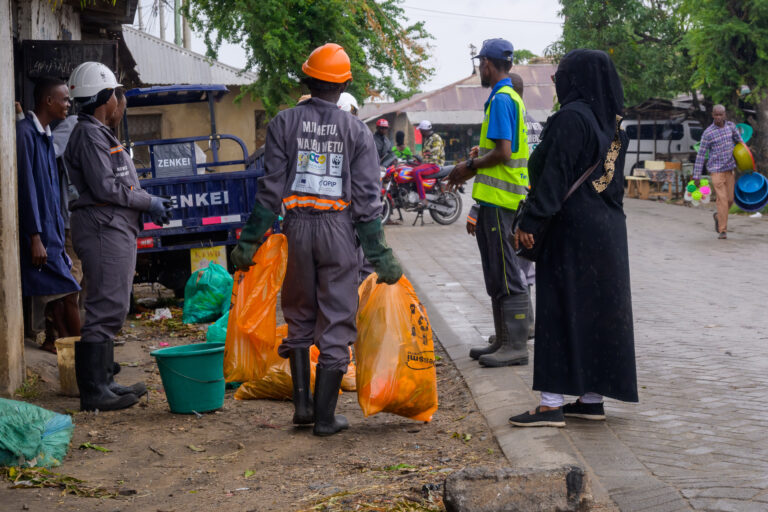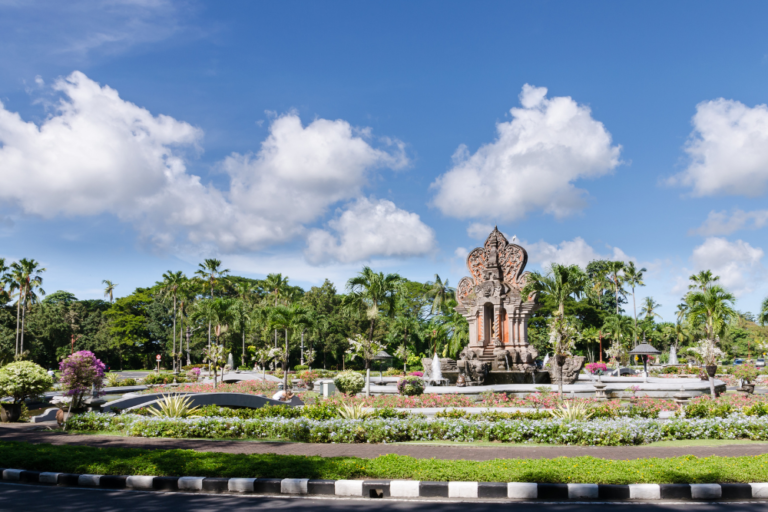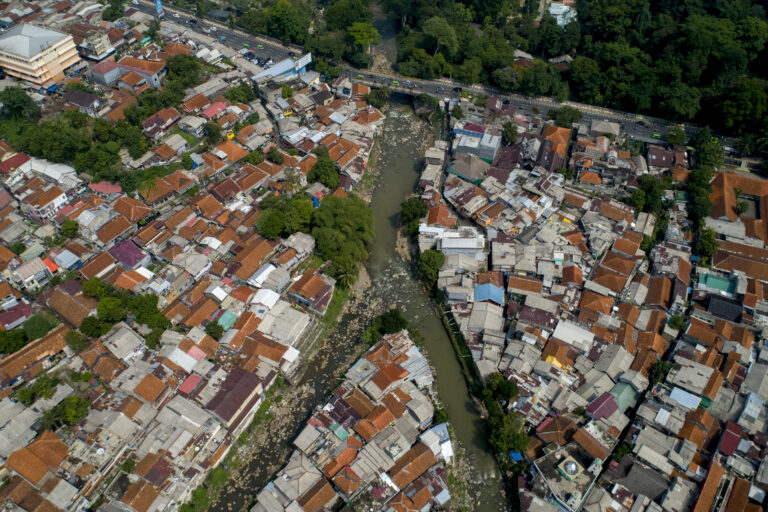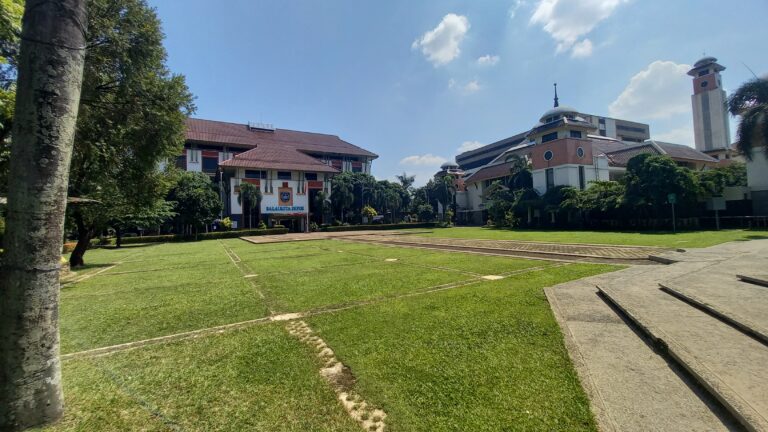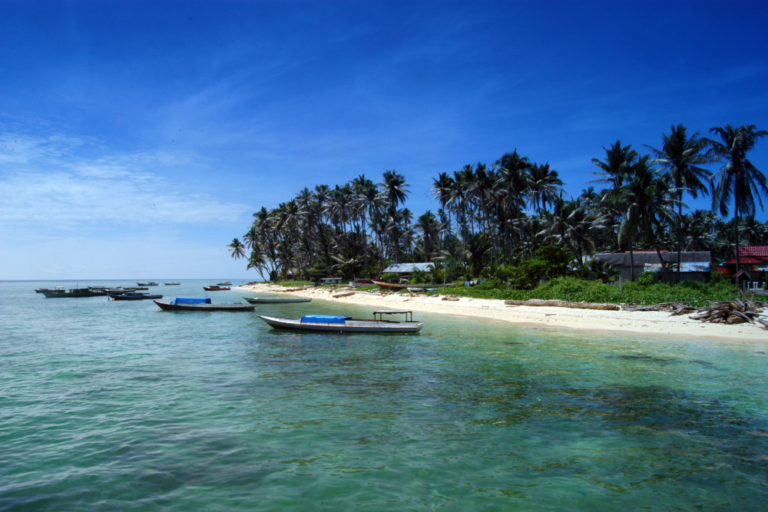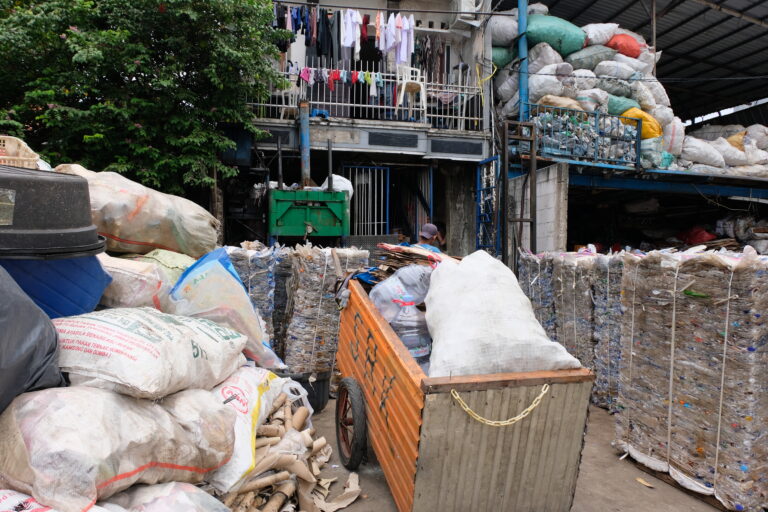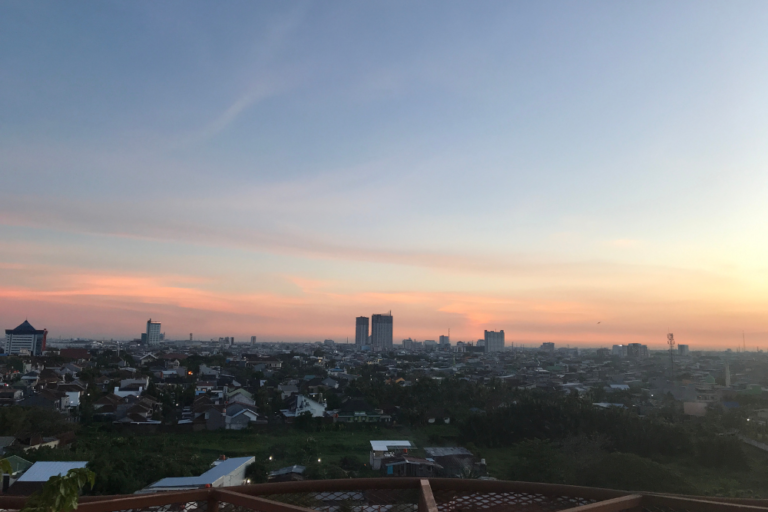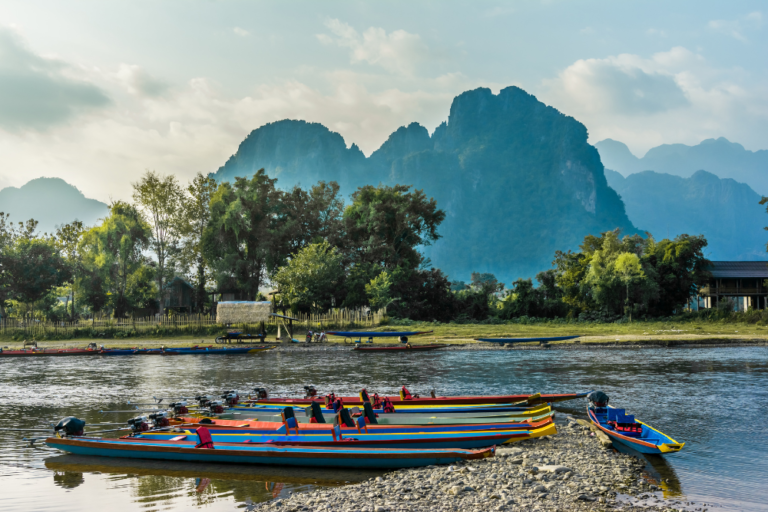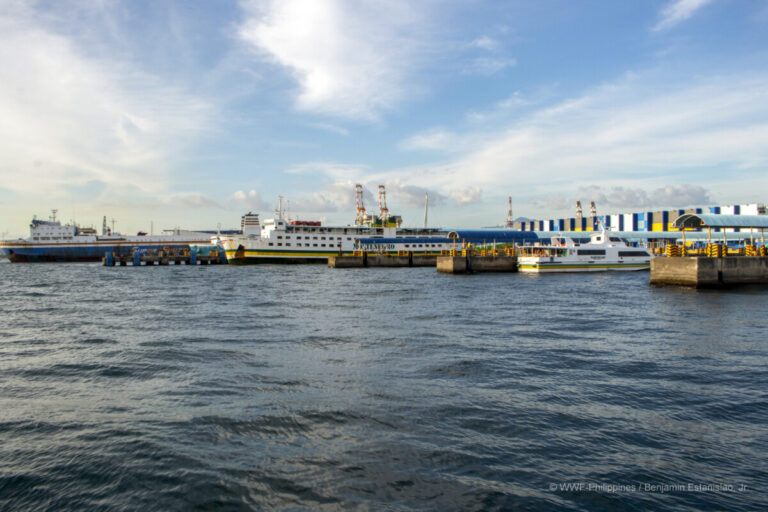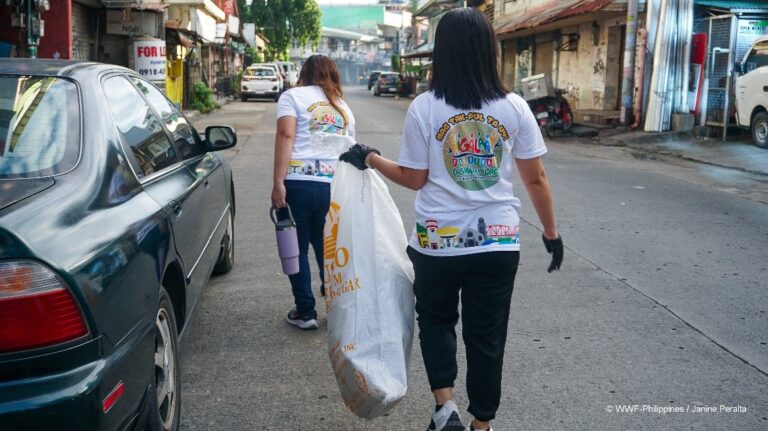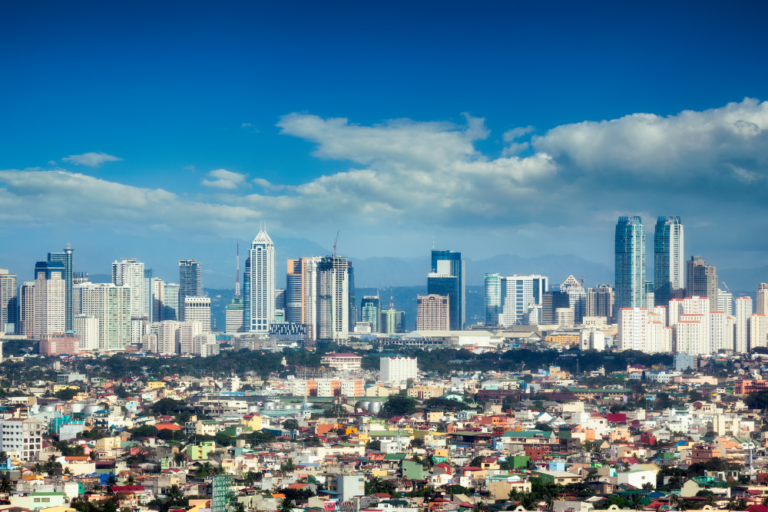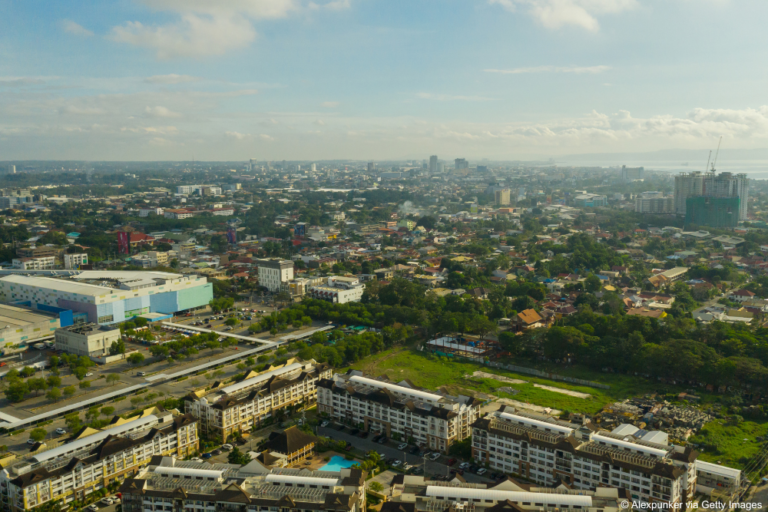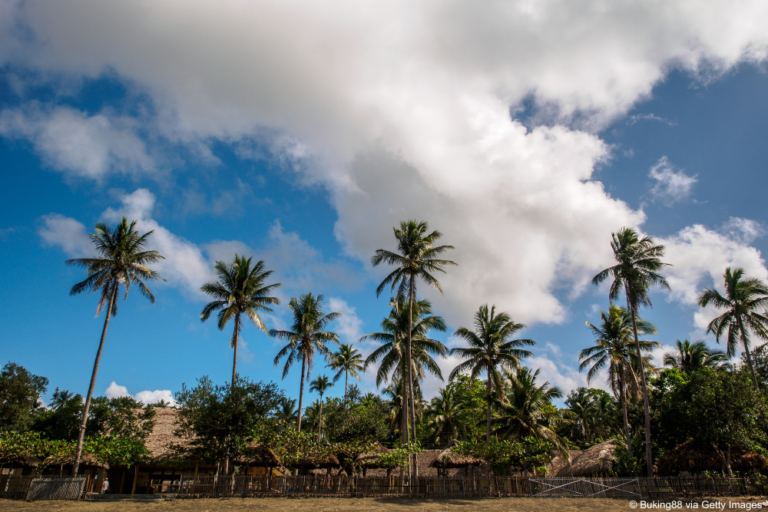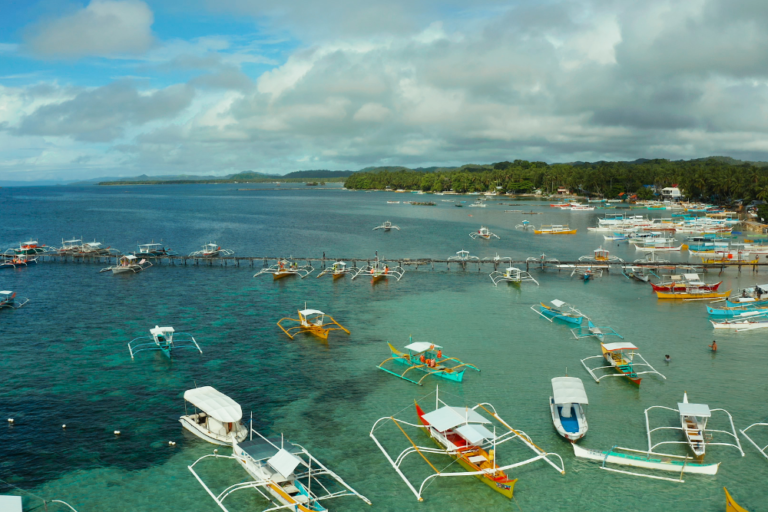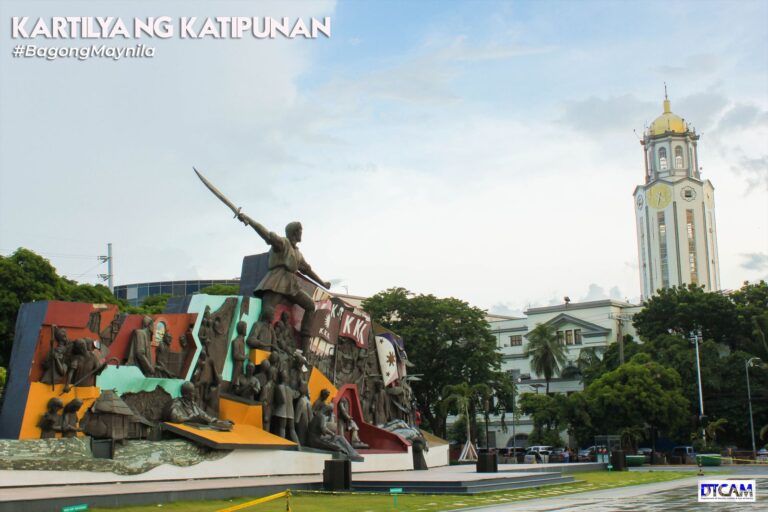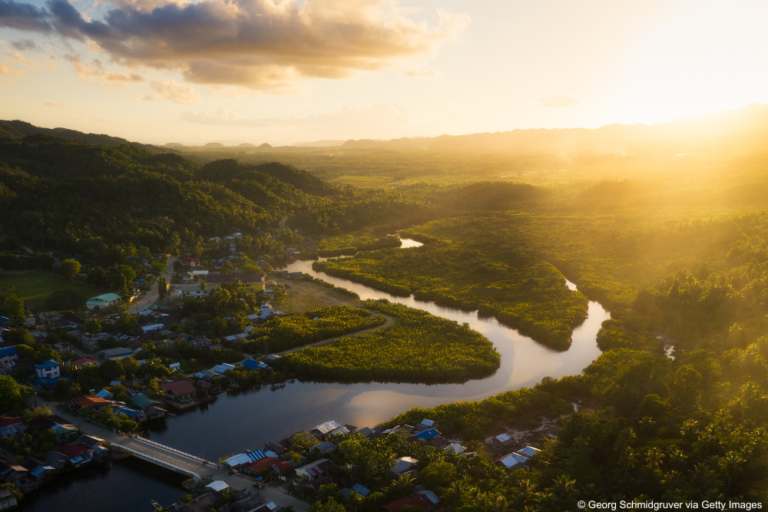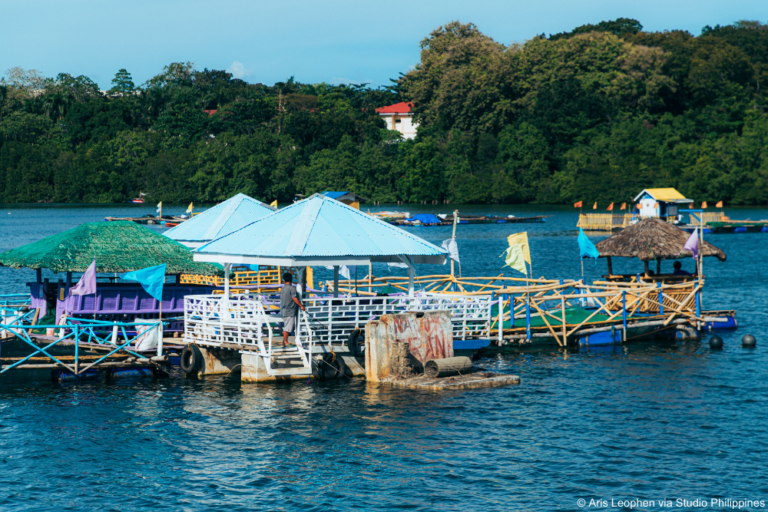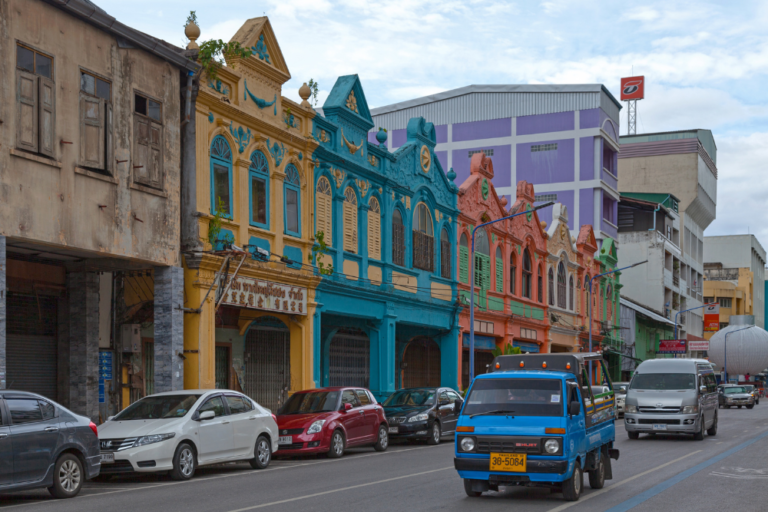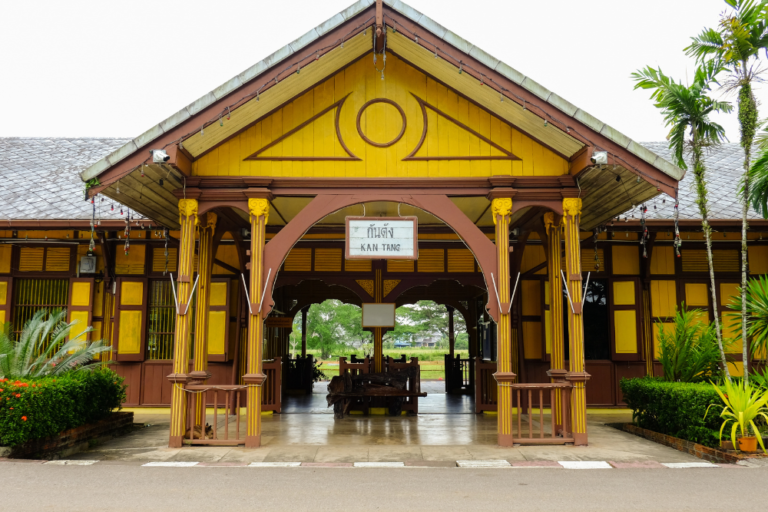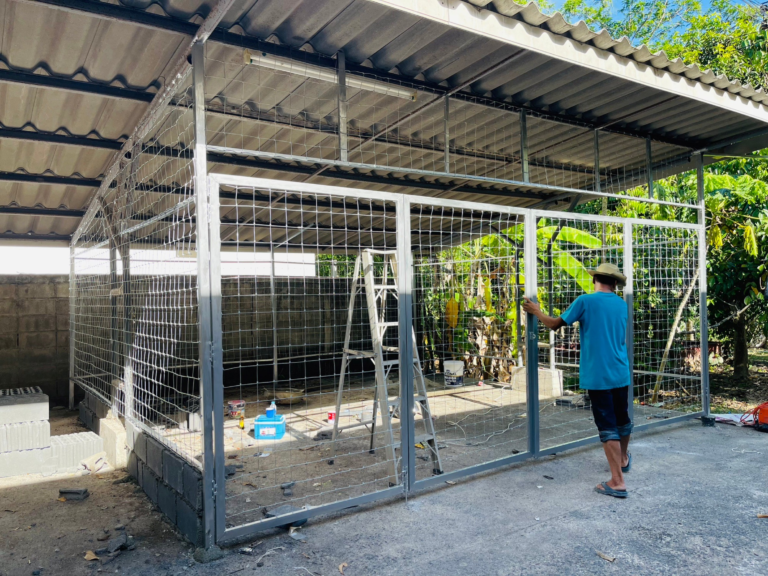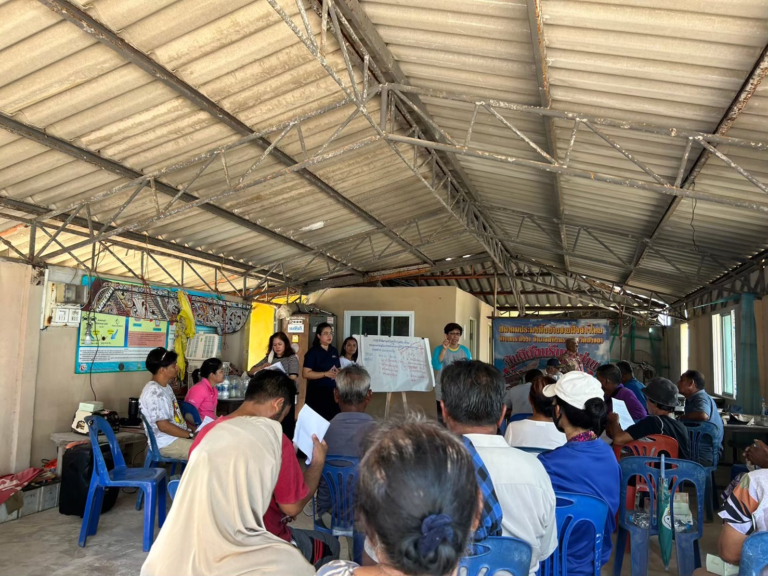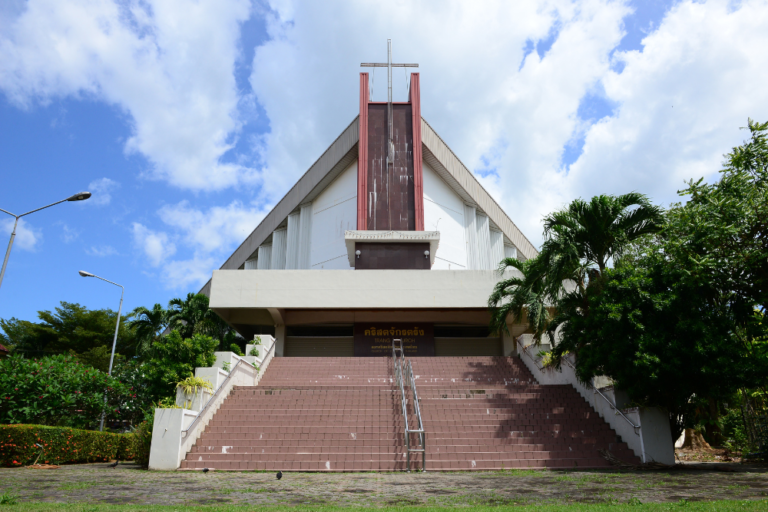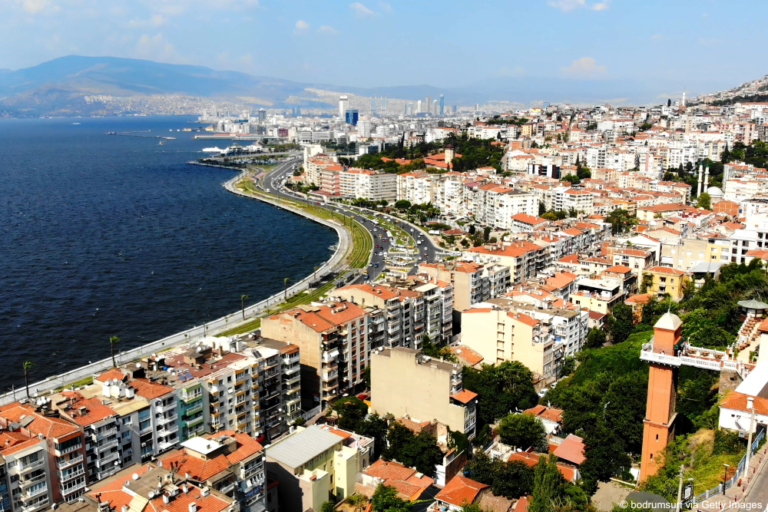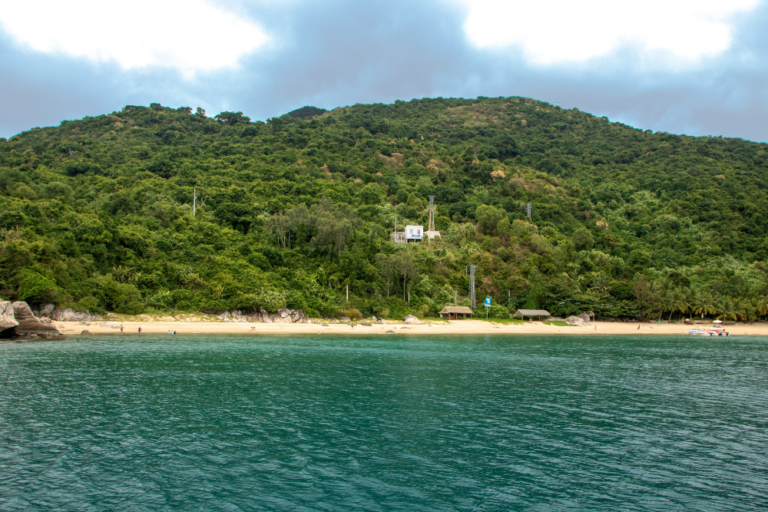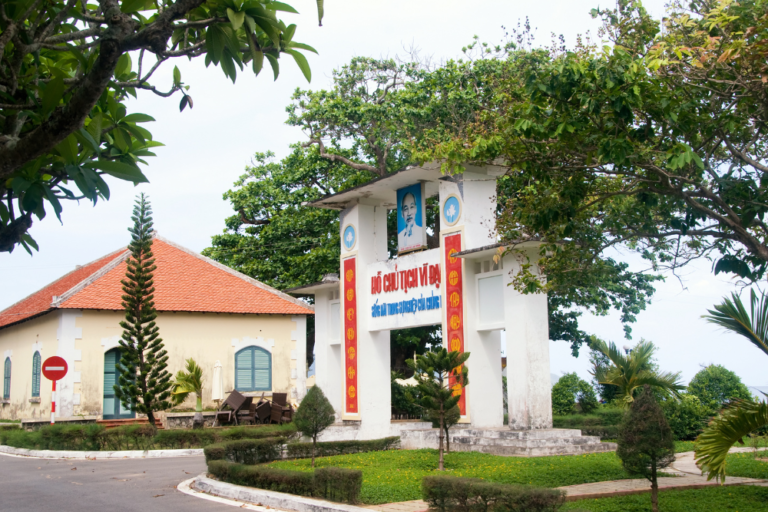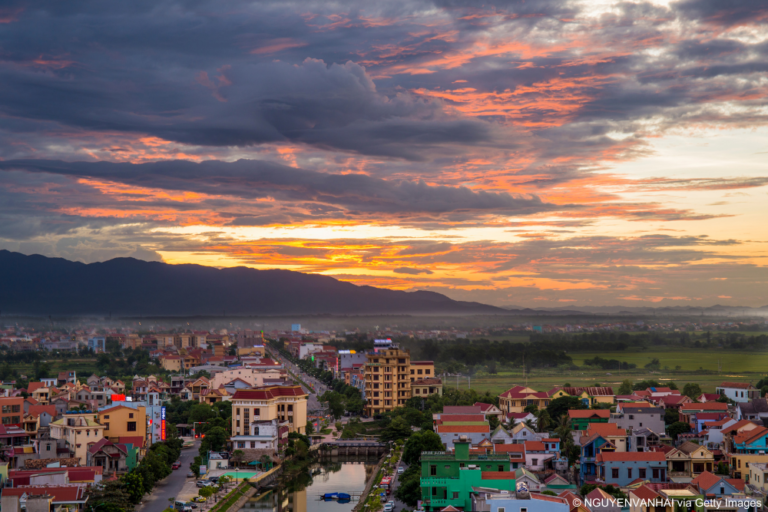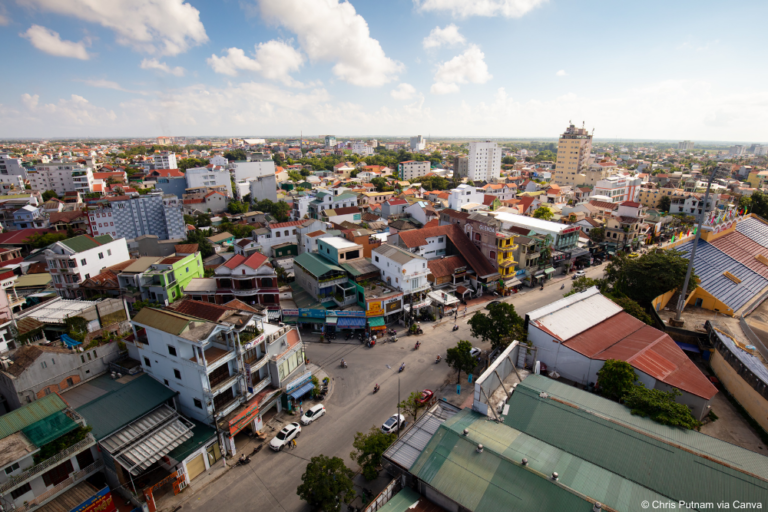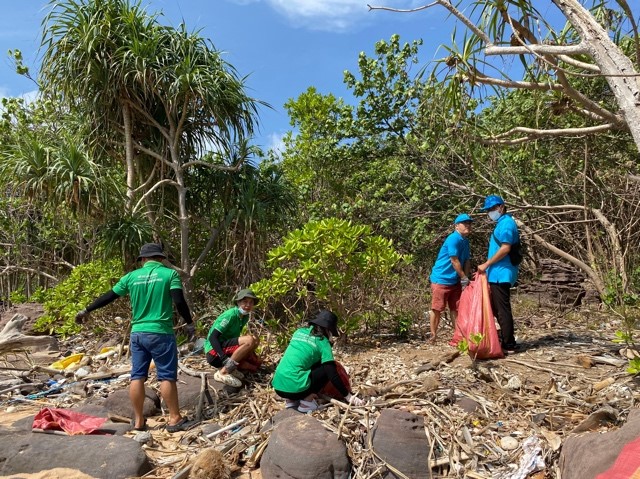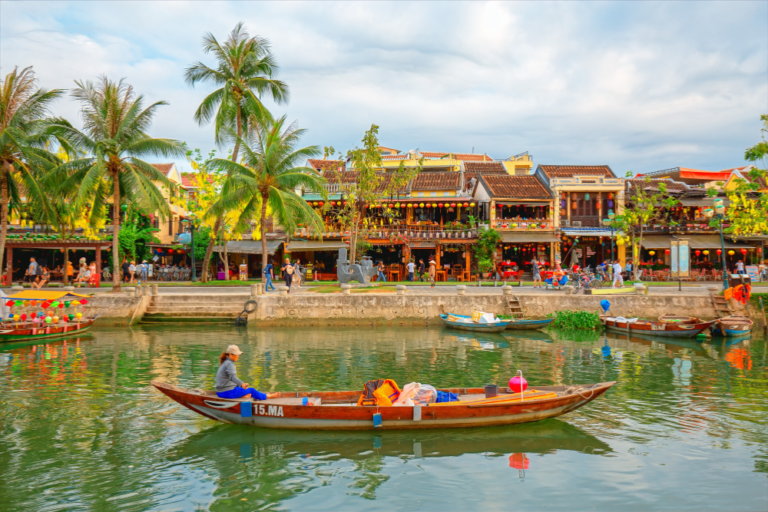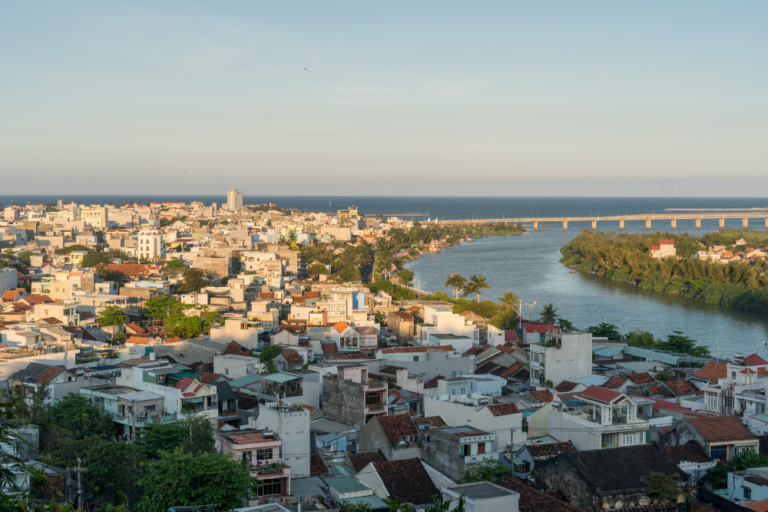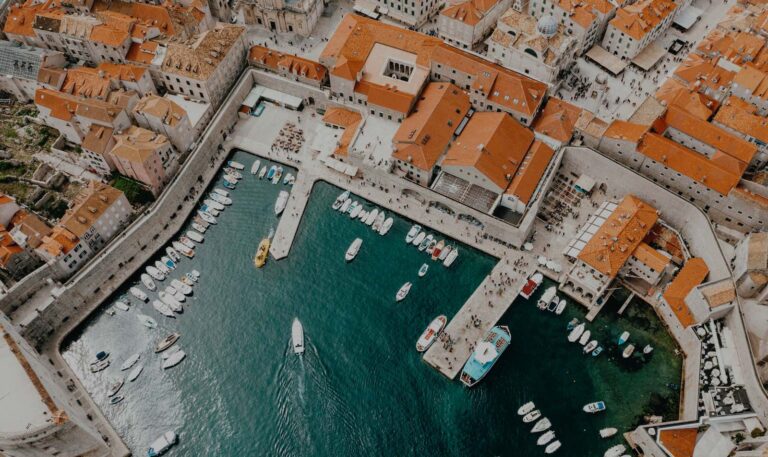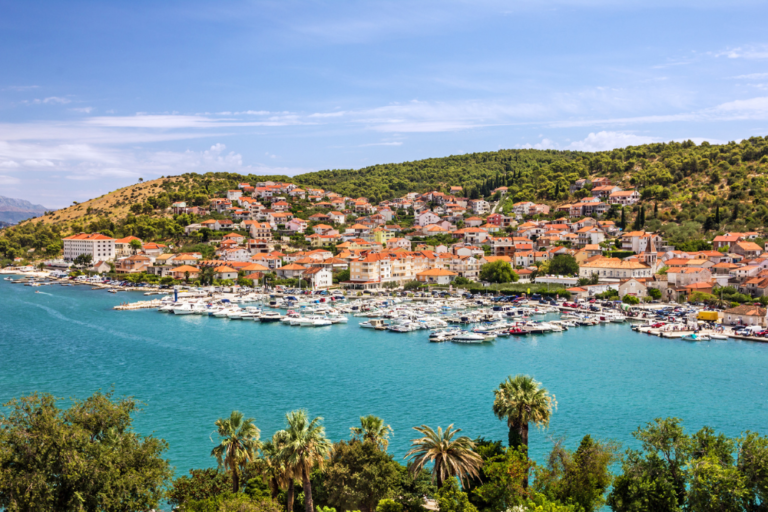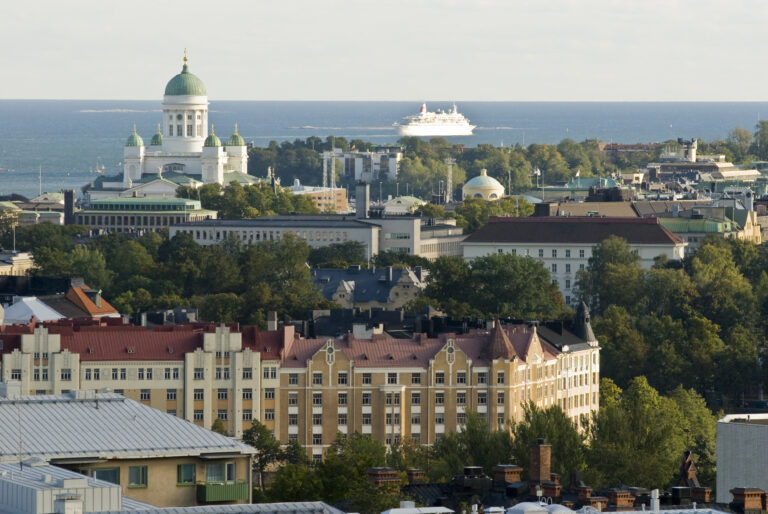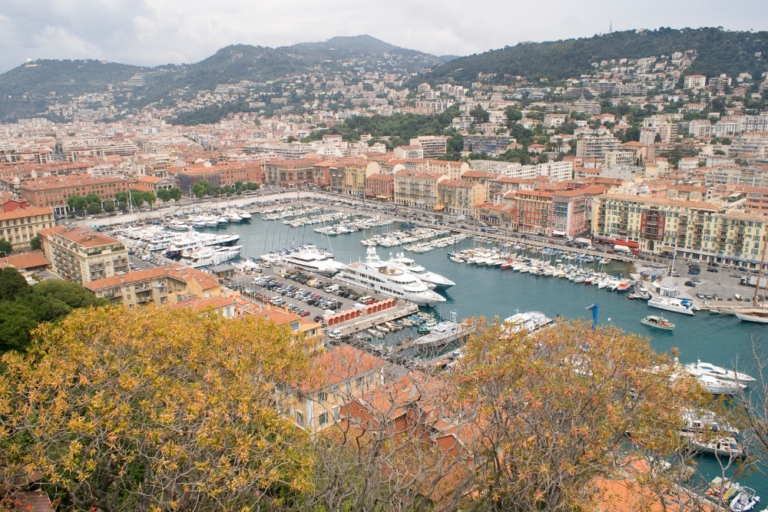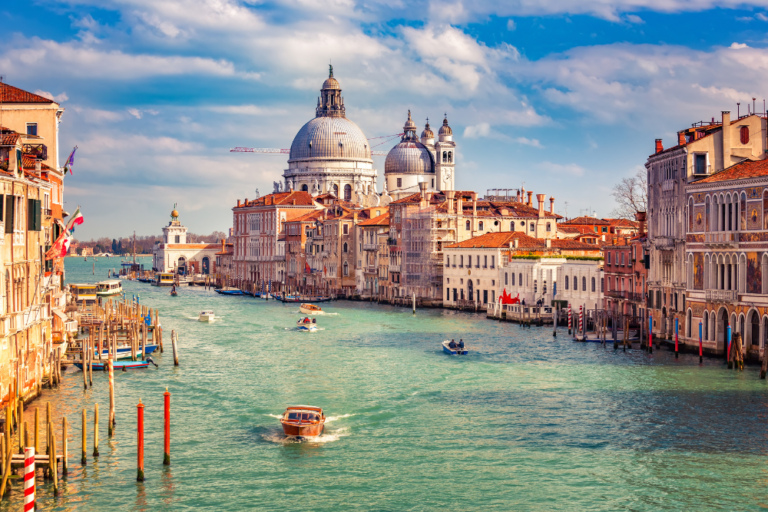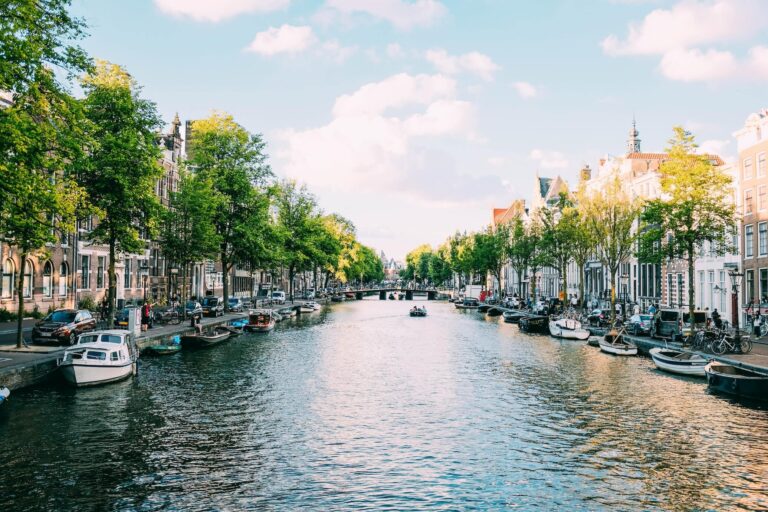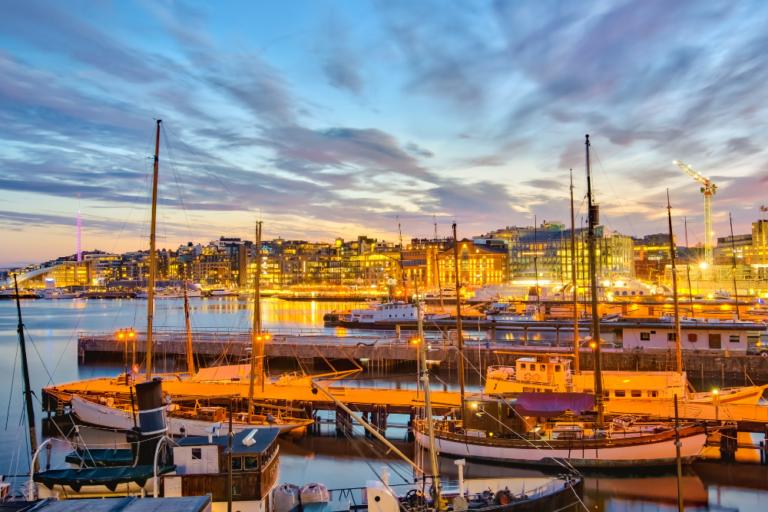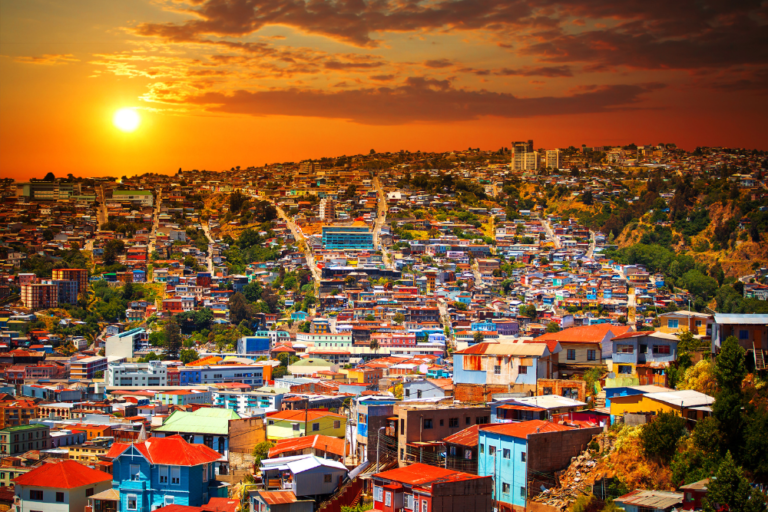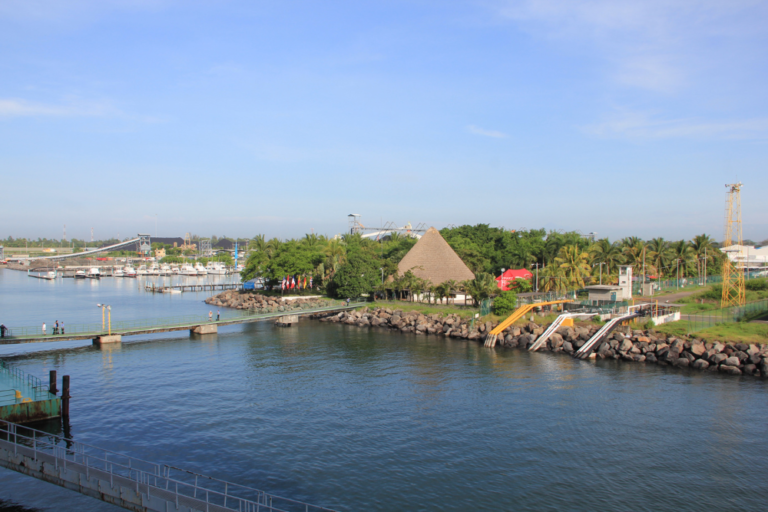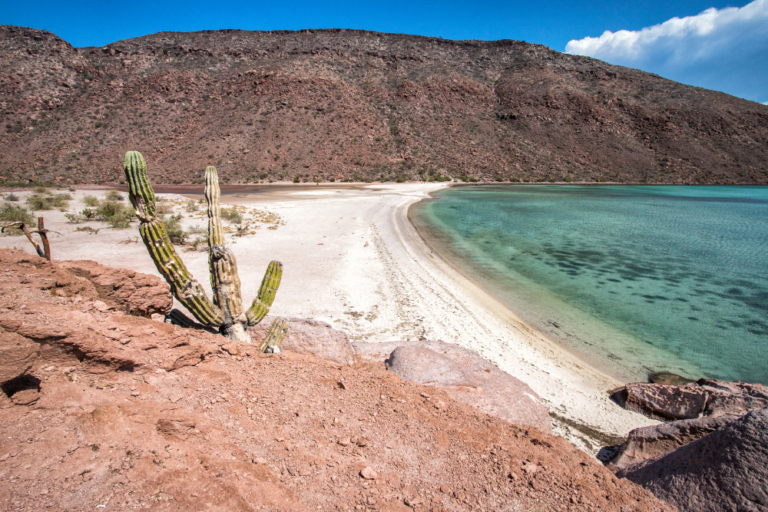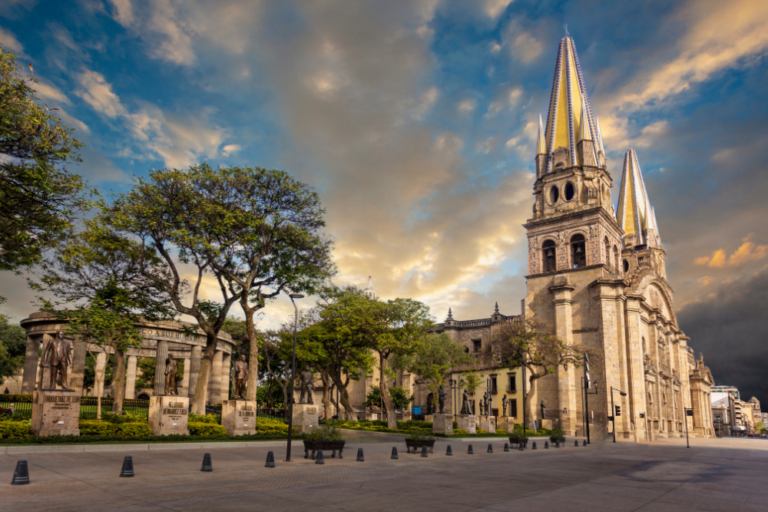Driving and sharing circular solutions to reduce plastic waste
Plastic Smart Cities support urban centers, coastal areas, and tourism hotspots to co-create solutions that prevent plastic from leaking into nature—delivering real change through circular systems and inclusive action. Since 2018, we’ve championed pilot solutions and provided resources to help take bold action to stop plastic pollution
Help stop plastic leakage in nature
Best Practice Approaches
Global approaches to prevent, minimise & manage plastic waste
Pilot Solutions & Case Studies
Tried & tested on-ground solutions to reduce plastic leakage
Smart Guides for Cities
A step-by-step process for cities to achieve their goals
Reports & Publications
Knowledge resources on plastic waste management
Applied Approaches
Global approaches to prevent, minimise & manage plastic waste
Pilot Solutions & Case Studies
Tried & tested on-ground solutions to reduce plastic leakage
Smart Guides for Cities
A step-by-step process for cities to achieve their goals
Reports & Publications
Knowledge resources on plastic waste management
Recent News


Explore Pilot Solutions
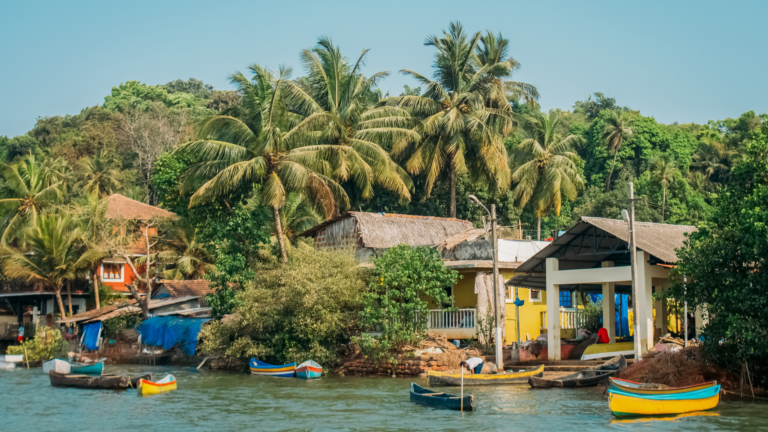
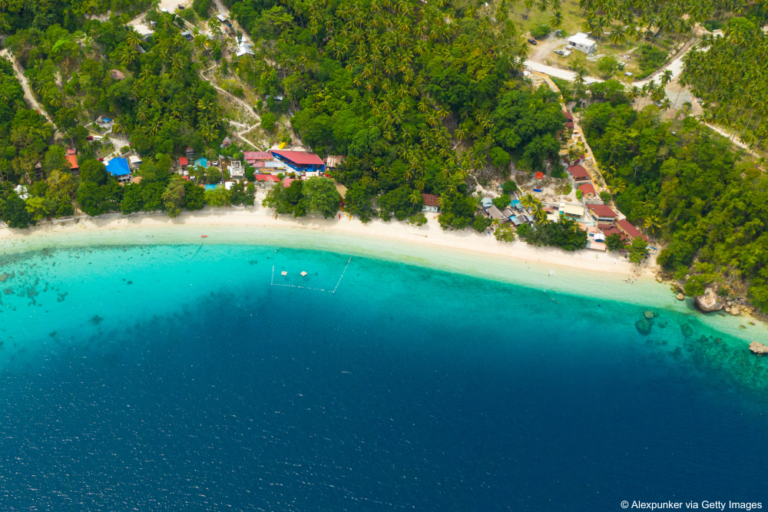




Geocoding Error Occured.
Tried to Geocode:
Error Type:
Please be sure to follow the tutorial on how to setup the Google APIs required for the Advanced Google Map Widget.
Google Map API Key TutorialEvent Calendar
An estimated 20 million informal waste sector workers and waste pickers play a critical role in plastics collection, contributing to nearly 60% of global recycling efforts.
This session aims to empower businesses to integrate human rights considerations into their strategies to combat plastic pollution, contributing to sustainable development and the fulfillment and protection of human rights.
The Congress will tackle five critical themes: 1) Scaling Up Resilient Conservation Action, 2) Reducing Climate Overshoot Risks, 3) Delivering on Equity, 4) Transitioning to Nature-Positive Economies and Societies, and 5) Disruptive Innovation and Leadership for Conservation
To develop an international legally binding instrument on plastic pollution, including in the marine environment.

